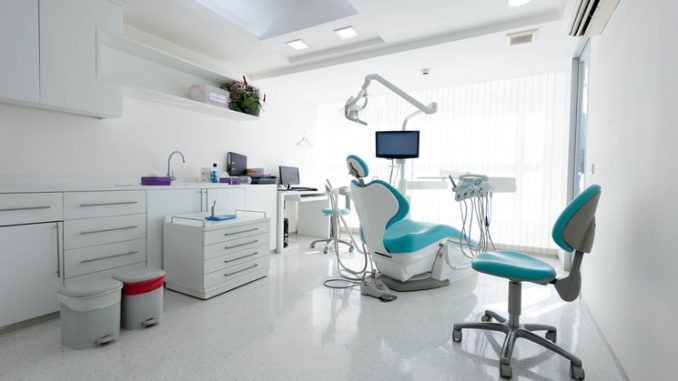
Excellent dental emergencies NHS dental clinic Ealing: Relaxation throughout your patient journey: At North Ealing Dental Care we aim to give you a stress-free patient journey. We understand the importance of obtaining appointments at times to suit you, and can offer early morning, late evening and even Saturday appointments too. Our dental consultations are a two-way process. During your initial consultation our dentist will listen carefully in order to ascertain your expectations and desires. This discussion will then be followed by a comprehensive examination of your mouth, teeth and gums to assess your general oral health. See more details at childrens dentistry Ealing.
Avoid sugary foods. When bacteria in the mouth break down simple sugars, they produce acids that can erode tooth enamel, opening the door to decay. Sugary drinks, including soft drinks and fruit drinks, pose a special threat because people tend to sip them, raising acid levels over a long period of time. Sticky candies are another culprit, because they linger on teeth surfaces.
Watch Out for Sweet Medicine: Children’s medications can be flavored and sugary. If they stick on the teeth, the chance of cavities goes up. Children on medications for chronic conditions such as asthma and heart problems often have a higher decay rate. Remind your child to brush twice a day with a fluoride toothpaste for a full two minutes which not only fights cavities and strengthens teeth, but also gives older kids the confidence of having fresh breath. A power toothbrush might make brushing more fun for preteens. Flossing is extremely important at this point as most permanent teeth have erupted and cleaning between them will help prevent cavities and keep their mouth fresh. Encourage children who play sports to wear a mouth guard to protect their teeth from injuries. Make sure kids who wear braces use a power brush and floss very thoroughly to avoid white spots on teeth when braces come off.
Do you want to have healthy teeth and gums? Here are a few tips: Use Activated Charcoal: Activated charcoal is one of the easiest and most inexpensive ways to naturally whiten your teeth. Crush up one charcoal tablet into a powder. Dip your clean wet toothbrush into it, and brush your teeth as you normally do. They may be packed with disease-fighting antioxidants, but a glass of red wine, cranberry juice, or grape juice also stains teeth easily. That doesn’t mean you should give them up, but remember to rinse your mouth after you drink. These aren’t the only teeth-staining foods to be aware of. The deep color of these fruits and veggies gives them their nutritional punch. But blueberries, blackberries, and beets leave their color on teeth as well.
Durability: Your dental implants should last you a lifetime. Once they integrate with the bone, they will remain in place as long as you are in good oral health. Proper oral hygiene is key to them remaining healthy and strong for a lifetime. Traditional tooth replacement options like dental bridges and dentures are much less durable only relying on suction, adhesive or remaining teeth to hold them in place. Comfort: Dental implant restorations are more comfortable to wear than traditional dentures and bridges. They will not place extra stress on remaining teeth nor will irritate your gums. Your restoration is anchored securely to the implants in jawbone and will not require adhesives or other products to keep them in place. See extra info on https://www.northealingdentalcare.co.uk/.
Discussing your past and present medical history will also allow the dentist to recognise when the need exists to work in consultation with other health care professionals such as your G.P. or specialist. Any information is treated as strictly confidential by all members of the team. Will I need to have x-rays taken? This will depend on when you last had dental radiographs taken and the dentist’s assessment of your mouth and teeth. The introduction of digital radiographs and photographs not only reduce the patient exposure to radiation that traditional dental film requires, but also enables the dentist to enlarge and view images on an LCD screen, increasing his diagnostic capabilities, not to mention the speed at which these images can be transferred to dental and medical colleagues anywhere in the world via e-mail. Intra-oral cameras work in much the same way, transmitting an image directly to the computer, which allows the dentist to show patients any areas of concern in their mouth. The approach to dentistry today is a conservative one and saving teeth is of primary concern. Detection of decay has been made easier by the use of a small, non-invasive laser.
